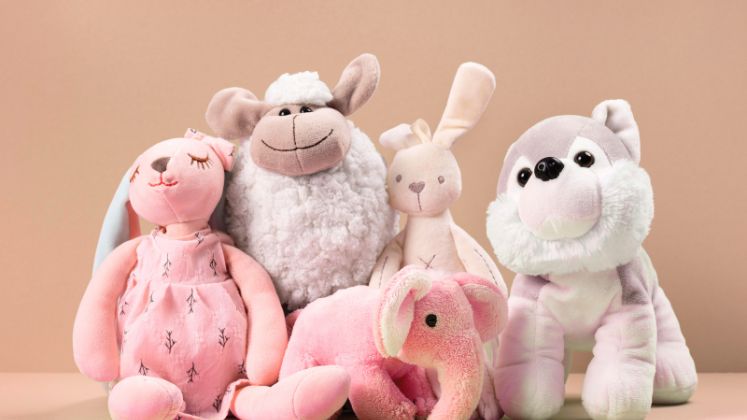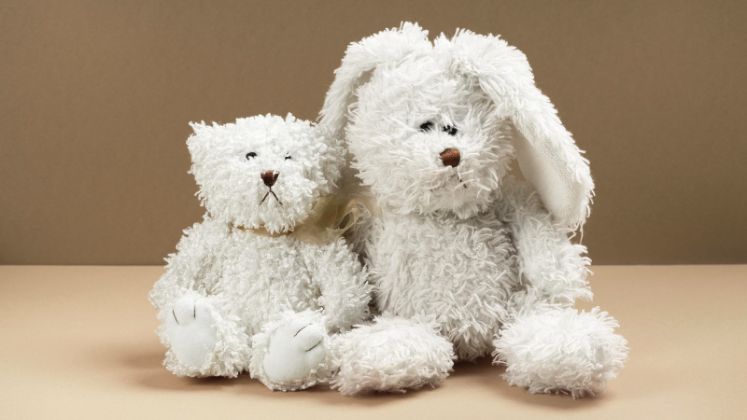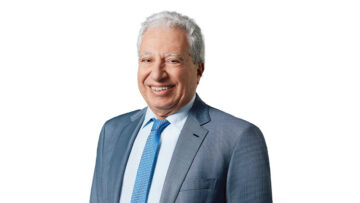Exploring new product categories can be an excellent strategy to expand business opportunities. For manufacturing companies, this becomes even more feasible when the new product category and its market align with their existing core products. Soft toys present a promising option for Bangladesh, given their strong foothold in the RMG sector. The manufacturing processes, required infrastructure, raw materials and even the buyer base for RMG and soft toys share significant similarities. Bangladesh’s potential in this segment can be further amplified if its RMG companies focus their efforts on developing and promoting soft toys as a complementary product line.
Scenario and ‘Sanrio’ in Bangladesh
In Bangladesh, there is also a reasonable market for this product category. According to Statista’s reports, Bangladesh’s stuffed toys market is projected to generate a revenue of US $ 143.3 million (including dolls) in 2024, with an expected annual growth rate of 5.82 per cent (CAGR 2024–29). The two main factors contributing to this growth are increasing disposable income and a rising middle-class. A few of the brands and platforms offering soft toys in Bangladesh including Yoyoso Bangladesh, Aarong, Goofi, Wall Touch, Giftall BD, To Teddy Shop and Daraz.com. Recently, Miniso in Bangladesh officially unveiled its collaboration with Japan-based Sanrio which shows that Bangladesh’s local market is gearing up for such branded products. It’s worth noting here that Sanrio offers apparel, bags, home and fashion accessories like socks, bows and soft toys. With a revenue of around 100 billion yen (US $ 650 million), Sanrio has a global presence.
Shah Rayeed Chowdhury, Franchisee Owner of Miniso in Bangladesh, commented, “We are pleasantly surprised by the awareness and enthusiasm among Bangladeshi customers regarding global brands and pop culture. This recognition inspires us and highlights the maturity of the Bangladeshi market, which truly embraces global offerings.” Currently operating nearly 30 stores in Bangladesh, Miniso aims to expand to 45 locations by the end of 2025. With the growing demand for reputed brands in apparel, shoes segments, soft toy is a product category that needs the focus of local companies.
Huge global market opportunities awaiting!
Along with the domestic market in Bangladesh, this segment offers massive export opportunities as well. Grand View Research claims that the global stuffed animals and plush toys market size was estimated at US $ 11.76 billion in 2023. The same is further expected to grow at a CAGR of 8.2 per cent from 2024 to 2030. The cartoon toys market segment is expected to have higher growth, with a CAGR of 9.8 per cent in next six years.
There are several reasons for the growing demand. Popular brands like Squishmallows and Jellycat have a large following on social media. Region-specific factors also play a role; for example, the hype around Kawaii culture in Japan drives sales of these products, while the rise in pet ownership in Spain is another contributing factor.
The worldwide growing popularity of animated shows and movies and cartoon characters establishing as icons for kids also gives further push to demand for these products. For example, two years back, Hasbro, a leading player in the toy segment extended its contract with Lucasfilm for launching toys of Star Wars characters and signed an agreement to advance products created on the Indiana Jones movies. Not only are kids and teenagers the target audience for these toys, but their use as gifting items for adults is also a noteworthy trend. Various advancements have been introduced, such as toys equipped with GPS trackers and sensors. Brands are also launching ultra-fluffy, huggable toys in multiple shapes, enhancing softness through innovations in fabric technology.
‘Common’ infrastructure, raw material, buyers are plus points!
A company with strong expertise in a variety of garments, including heavy garments like jackets, can easily transition to manufacturing of soft toys. Similarly, raw material availability is not a major challenge in this category, as soft toys are primarily stuffed with cotton and man-made fibres. Various reports highlight that the demand for synthetic raw materials is higher in this segment due to their ease of maintenance compared to natural fibres, making them more convenient for parents.
Many giant retailers offering garments also have a strong presence in the soft toy market. In India, Reliance, which already sources apparel from Bangladesh, has a significant foothold in branded soft toy categories. The company has been enjoying growth in this segment since acquiring Hamleys, the largest toy retailer in the UK, nearly five years ago.
Sustainability advantage
Sustainability is an important aspect and common thread between the apparel industry and textile-based toys. Toys made from natural and eco-friendly items, safe colours are being preferred across the globe. Such toys are also GOTS-certified as they have 100 per cent organic cotton outer shell. With hypoallergenic polyester fibre inside, soft terry cloth is a major raw material preferred when it comes to toys. Its fabric normally doesn’t get treated with chemicals or flame retardants and is completely baby-safe. Such toys are non-toxic as well as also made from 100 per cent recycled polyester fibre.
Indian companies taking lead
In India, there are a few good manufacturers that have a strong hold on soft toys along with manufacturing of home textile products, bedding for pets and so on. At the same time, India’s National Education Policy also gives further impetus not only to learning with toys but also to the procurement of toys in learning facilities, especially those aided by the Indian Government. This segment is amongst the priorities of the Indian Government. On similar lines, Bangladesh can also explore local and global opportunities in the soft
toy category to encash upon this booming market.








